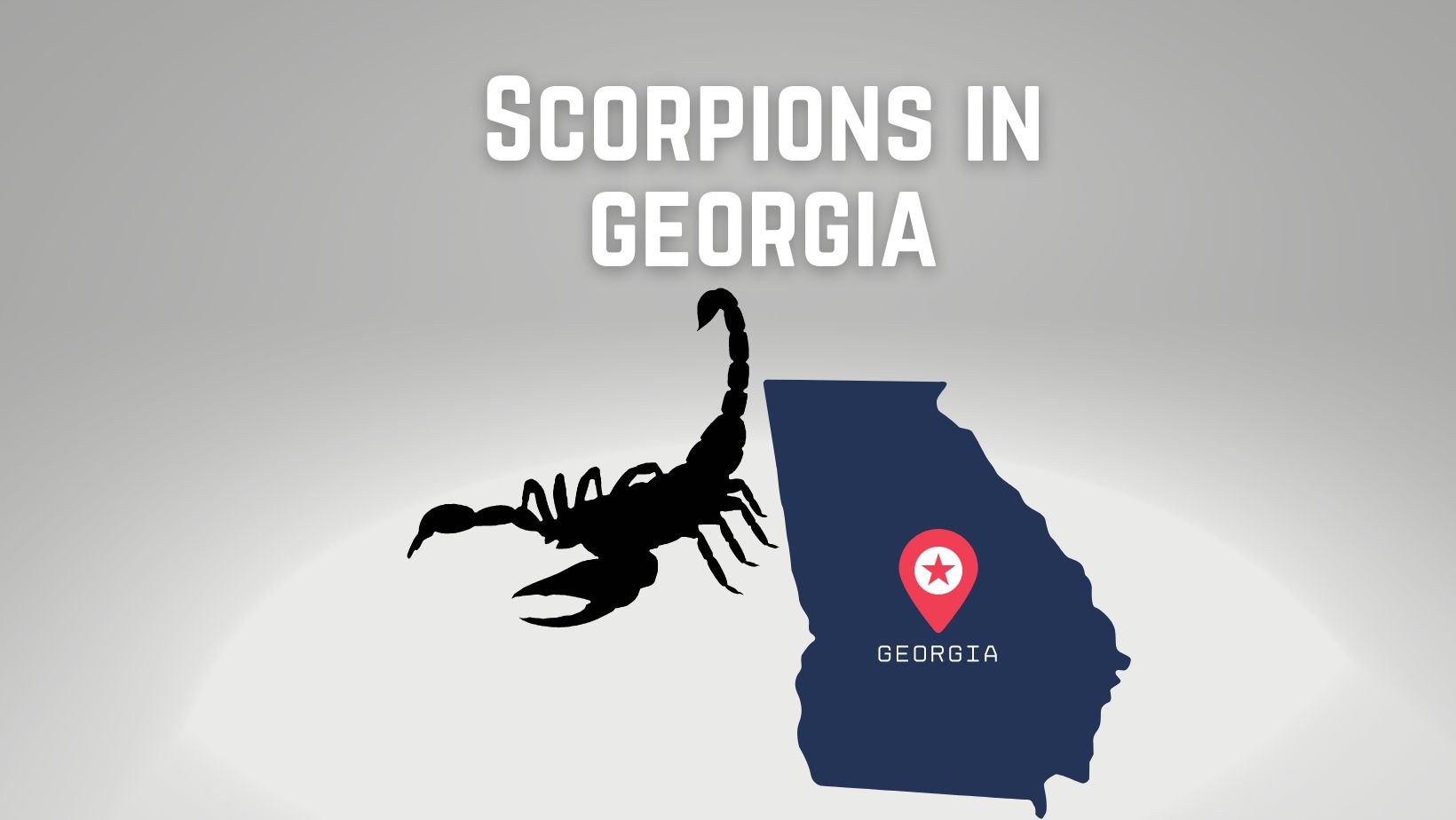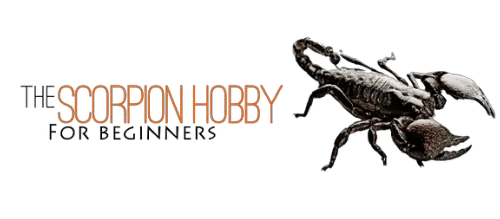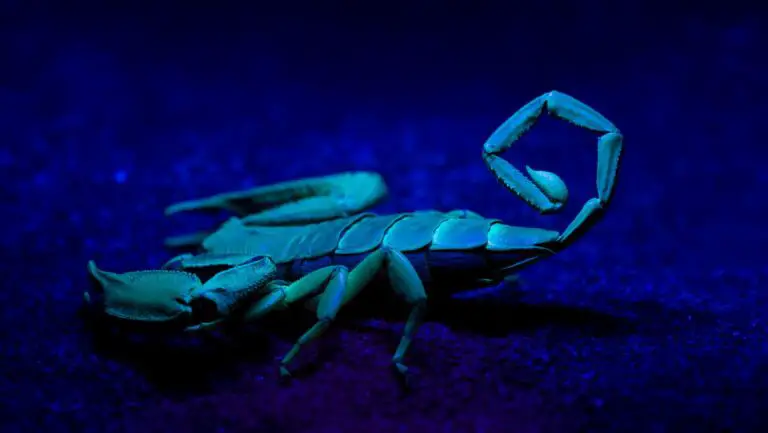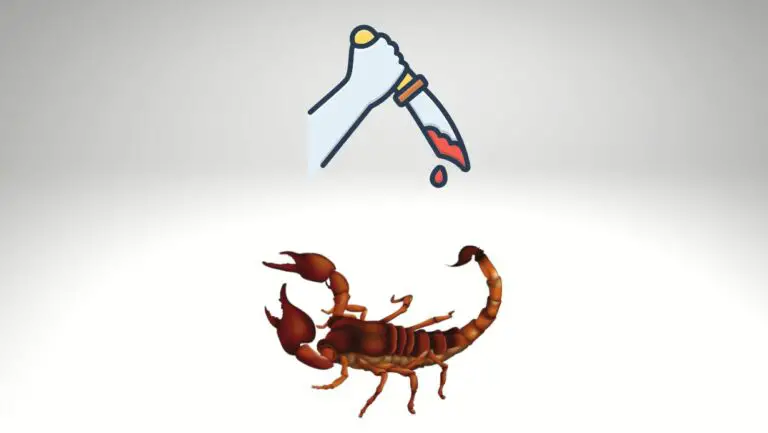
When it comes to encountering scorpions, Georgia might not be the first place that comes to mind. However, these arachnids have found a home in the state and can be encountered in various regions. This article aims to shed light on the different species of scorpions found in Georgia, their habitats, behavior, potential dangers, and ways to prevent encounters.
Georgia is home to several species of scorpions, each with its own unique characteristics and habitats.
Common Southern Scorpion
The Common Southern Scorpion (Centruroides hentzi) is one of the scorpion species found in Georgia. It is relatively small in size, typically measuring around 1-2 inches in length. This species is nocturnal and can be found in a variety of habitats, including forests, fields, and residential areas.
Striped Bark Scorpion
Another species found in Georgia is the Striped Bark Scorpion (Centruroides vittatus). It derives its name from the distinctive dark stripes running down its back. This scorpion prefers wooded areas, especially those with decaying logs and bark. The Striped Bark Scorpion is also active at night.
Devil’s Scorpion
The Devil’s Scorpion (Vejovis carolinianus) is a slightly larger species, reaching up to 3 inches in length. It has a yellowish-brown coloration and can be identified by its robust pincers. This scorpion is commonly found in rocky habitats and prefers areas with higher humidity levels.
Habitat and Distribution
Understanding the preferred habitats and geographic distribution of scorpions in Georgia can help individuals identify areas where they are more likely to encounter these creatures.
Preferred Habitats
Scorpions in Georgia tend to inhabit areas with suitable shelter and food sources. They can be found in forests, grasslands, rocky outcrops, and even urban environments. Scorpions are often attracted to dark, secluded places like under rocks, logs, and debris, where they can seek protection from predators and extreme weather conditions.
Geographic Distribution
Scorpions are distributed throughout Georgia, with some variations in species prevalence depending on the region. The southern parts of the state, including the coastal areas, have a higher concentration of scorpion populations. However, scorpions can be found in other regions as well, especially where suitable habitats exist.
Behavior and Life Cycle
Understanding the behavior and life cycle of scorpions can provide valuable insights into their activities and potential encounters.
Nocturnal Activity
Scorpions are primarily nocturnal creatures, meaning they are most active during the night. They have evolved to adapt to these conditions, with specialized sensory organs that help them navigate in low-light environments. Therefore, encountering scorpions during the day is less likely but not impossible.
Feeding Habits
Scorpions are carnivorous and feed on a variety of prey, including insects, spiders, and even other scorpions. They use their powerful pincers to capture and immobilize their prey before injecting venom to subdue it. Scorpions have a relatively slow metabolism, allowing them to survive for extended periods without food.
Reproduction
Scorpions reproduce sexually, with the female giving birth to live young. After mating, the female carries the developing embryos on her back until they are ready to be born. The number of offspring can vary depending on the species, with some scorpions giving birth to only a few, while others can have larger broods.
Potential Dangers
While most scorpions found in Georgia are relatively harmless, some species possess venom that can cause discomfort or health issues in humans.
Venomous Scorpions
The venomous scorpions in Georgia include the Common Southern Scorpion and the Striped Bark Scorpion. However, their venom is typically not life-threatening to humans, unless an individual has an allergic reaction or an underlying health condition.
Stings and Symptoms
If a person gets stung by a scorpion, they may experience symptoms such as localized pain, swelling, numbness, and tingling. In some cases, more severe symptoms like muscle spasms and difficulty breathing may occur. It is important to seek medical attention if symptoms persist or worsen.
Prevention and Control Methods
Taking proactive measures to prevent scorpion encounters and implementing effective control methods can help ensure a safe living environment.
Scorpion-Proofing
To minimize the chances of encountering scorpions, it is essential to seal any gaps or openings in and around your home. This includes repairing cracks in walls, windows, and doors, as well as installing weather stripping. Additionally, removing debris, woodpiles, and clutter from the vicinity of your property can discourage scorpion habitation.
Professional Assistance
In case of a significant scorpion infestation or persistent encounters, seeking professional pest control services is advisable. Pest control experts can assess the situation, identify the species present, and implement targeted measures to manage the scorpion population effectively.
Conclusion
Encountering scorpions in Georgia is a possibility, although the risk of venomous encounters is relatively low. Understanding the different species, their habitats, behavior, and potential dangers can help individuals take necessary precautions to prevent or minimize encounters. By adopting scorpion-proofing practices and seeking professional assistance when needed, residents can coexist with these arachnids safely.
FAQs
- Are all scorpions in Georgia venomous?
- No, not all scorpions found in Georgia are venomous. The Common Southern Scorpion and the Striped Bark Scorpion are venomous but pose minimal risk to humans.
- How can I scorpion-proof my home?
- Scorpion-proofing your home involves sealing any openings or gaps, repairing cracks, installing weather stripping, and keeping the surroundings clean and clutter-free.
- Can scorpions be found in urban areas of Georgia?
- Yes, scorpions can be found in urban areas of Georgia, especially if there are suitable habitats nearby.
- What should I do if I get stung by a scorpion?
- If you get stung by a scorpion and experience symptoms, seek medical attention. Most scorpion stings in Georgia do not require urgent medical care.
- Are scorpions active throughout the year in Georgia?
- Scorpions in Georgia are most active during the warmer months, typically from spring to fall. They may become less active or seek shelter during colder winter months.







